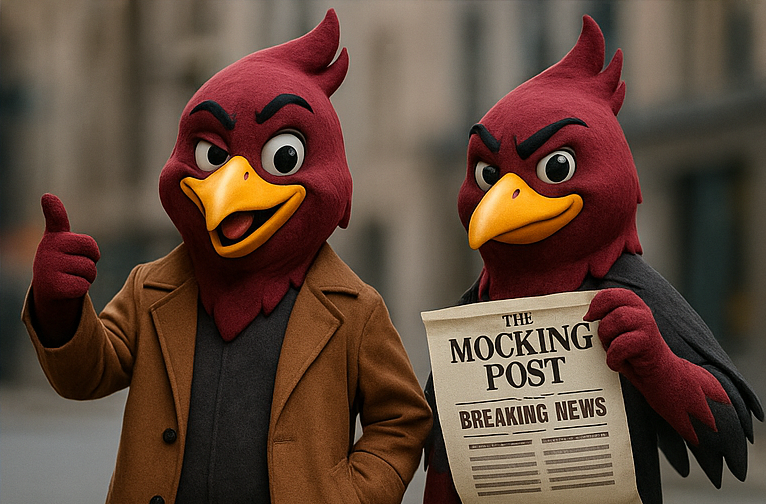The Future of Leadership: Building Teams That Thrive in Uncertainty

Leadership has always been about vision, communication, and influence, but in today’s world, those qualities aren’t enough. The pace of change has accelerated, uncertainty is constant, and the best leaders are no longer defined by titles or authority. Instead, they are defined by their ability to adapt, empower, and inspire trust.
From Command to Collaboration
The traditional command-and-control model of leadership is quickly fading. Employees don’t just want direction; they want participation. They want leaders who listen as much as they speak, who can collaborate across functions and create space for new ideas.
Modern leadership thrives in dialogue. It requires humility to admit when the answers aren’t clear and curiosity to bring the right voices to the table.
Leading Through Uncertainty
If the last few years have proven anything, it’s that uncertainty is here to stay. Markets shift, technologies disrupt, and global events ripple across industries in unexpected ways. In this environment, resilient leaders focus on adaptability over perfection.
The best leaders don’t just manage change, they model it. They show their teams how to embrace experimentation, recover quickly from setbacks, and stay focused on the bigger mission.
Empowerment Over Micromanagement
A culture of empowerment creates ownership. When employees feel trusted to make decisions, they don’t just perform tasks, they drive outcomes. Leaders who step back and give their teams autonomy see higher engagement, stronger problem-solving, and more innovation.
Micromanagement, on the other hand, signals mistrust. And in an age where top talent has options, it’s a quick way to lose them.
The Human Side of Leadership
It’s easy to forget that leadership is not only about strategy and execution but also about people. The most effective leaders know how to balance performance with empathy. They check in, not just on deliverables, but on well-being. They recognize that mental health, personal growth, and inclusion are not “soft” topics, they are business essentials.
The Path Forward
As organizations evolve, so will the definition of leadership. What won’t change is the need for leaders who inspire trust, communicate clearly, and rally teams through uncertainty.
At Foundric, we believe the future belongs to leaders who create environments where people thrive, not just because they have to, but because they want to.






